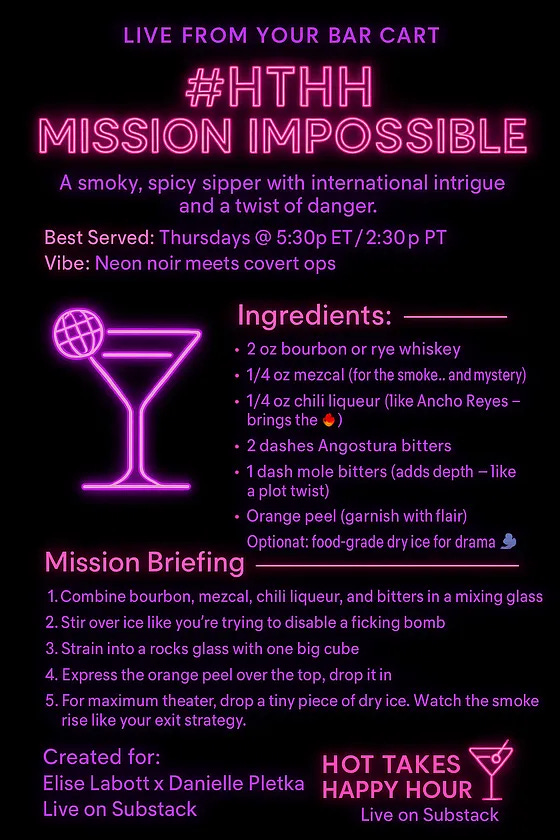The Washington shootings
Their killer shouted "Free Palestine" after gunning a young Jewish couple down. But this wasn't political activism. It was murder, plain and simple.
COMING UP: Join me and Danielle Pletka for Hot Takes Happy Hour TODAY at 5:30pm. On the menu: the terror attack in Washington, Trump’s ambush of South Africa’s president and Dany’s raging crush on Tom Cruise that inspired her cocktail below. LINK TO LIVE HERE


The murder of two young Israeli embassy staffers outside Washington's Capital Jewish Museum forces us to confr…




